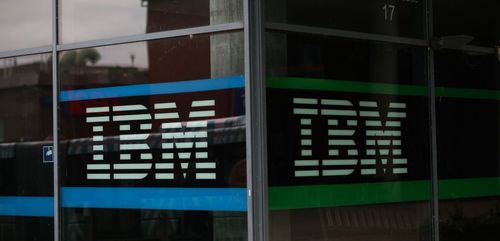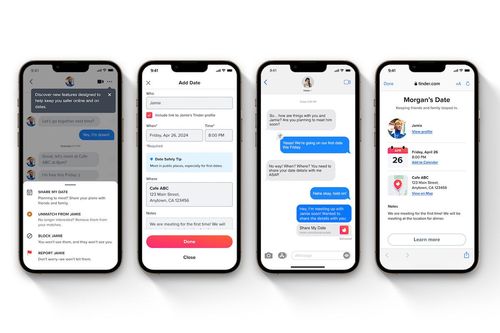Why AWS, Google and Oracle are backing the Valkey Redis fork
Last week, the Linux Foundation announced its decision to host Valkey, a notable fork of the widely used Redis in-memory data store. This venture is notably supported by leading tech giants including AWS, Google Cloud, Oracle, Ericsson, and Snap, marking a rare occasion where AWS and Google Cloud have joined forces to support an open-source fork. This collaboration emerged following Redis Labs' decision to adopt the more restrictive Server Side Public License (SSPL) on March 20, deviating from its previous 3-clause BSD license, a move that prompted widespread speculation about potential forks due to the new license's incompatibility with traditional open-source definitions as it necessitated commercial agreements for Redis-as-a-service offerings. Redis Labs CEO, Rowan Trollope, at the time hinted at the possibility of such a development, especially from Amazon.
Redis' journey through the years has been marked by its significant popularity and its central role in numerous commercial and open-source projects. Originally launched in 2009 by Salvatore Sanfilippo under the BSD license, Redis has seen its share of licensing disagreements and transformations, particularly as it rose in prominence and became a foundation for many major Redis service providers, including the transition of Garantia to what is known today as Redis. Despite these shifts and the later licensure changes to Redis Modules, the promise was to keep the core Redis project under the BSD license - a commitment that recently ended.
The shift in Redis' licensing elicited reactions from the cloud services sector, with major providers quick to back the Valkey fork, reflecting the industry's complex dynamics around open-source projects and commercial interests. AWS’s involvement was significant, with Madelyn Olson, a longtime Redis maintainer, spearheading the Valkey project. This movement attracted the majority of the existing Redis maintainers outside of the company, driven by a commitment to maintain the integrity and continuity of the original Redis project under its former licensing model. This collective move underscored a broader discontent with the changes and a deep-seated commitment to preserving the community-oriented nature of Redis.
Notably, the formation of Valkey under the Linux Foundation has garnered an unprecedented level of support from a wide array of companies, distinguishing it from previous forks. This collaborative effort aligns synchronously with major industry events and discussions, underlining the critical timing and strategic alliances shaping the future of open-source database technologies.
Looking ahead, the Valkey team is poised to introduce enhancements aimed at ensuring a seamless transition for current Redis users alongside ambitious updates to boost performance and capabilities. However, despite these developments, the divergence between Redis and Valkey is likely to widen, especially as Redis Labs explores new technological frontiers. Nonetheless, the enthusiasm and forward-looking stance of the Valkey community reflect a broader excitement for innovation and advancement within the open-source ecosystem, signaling a renewed focus on technological excellence and community collaboration in the wake of significant organizational and licensing shifts.
 Why Meta is looking to the fediverse as the future for social media
Why Meta is looking to the fediverse as the future for social media Microsoft’s Surface and Xbox hardware revenues take a big hit in Q3
Microsoft’s Surface and Xbox hardware revenues take a big hit in Q3 Augment, a competitor of GitHub Copilot and backed by Eric Schmidt, emerges from stealth mode with a launch of $252 million
Augment, a competitor of GitHub Copilot and backed by Eric Schmidt, emerges from stealth mode with a launch of $252 million IBM advances further into hybrid cloud management with its $6.4 billion acquisition of HashiCorp
IBM advances further into hybrid cloud management with its $6.4 billion acquisition of HashiCorp Perplexity is raising over $250 million at a valuation of between $2.5 billion and $3 billion for its AI search platform, according to sources.
Perplexity is raising over $250 million at a valuation of between $2.5 billion and $3 billion for its AI search platform, according to sources. Apple announces May 7 event for new iPads
Apple announces May 7 event for new iPads Gurman: iOS 18 AI features to be powered by entirely On-Device LLM, offering privacy and speed benefits
Gurman: iOS 18 AI features to be powered by entirely On-Device LLM, offering privacy and speed benefits Meta aims to become the Microsoft of headsets
Meta aims to become the Microsoft of headsets Tinder introduces a 'Share My Date' feature allowing users to share their date plans with interested friends
Tinder introduces a 'Share My Date' feature allowing users to share their date plans with interested friends This is Tesla's effective solution for the recalled Cybertruck accelerator pedals
This is Tesla's effective solution for the recalled Cybertruck accelerator pedals
